Meet the HAP Adviser: Peter Redmond
November 7, 2016
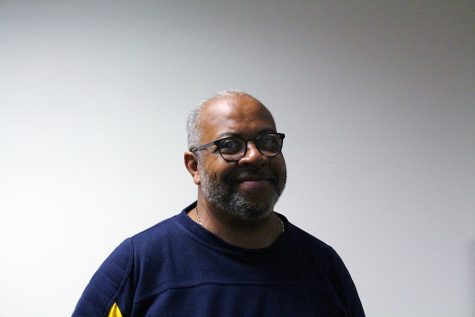 How did you come to teach at Park?
How did you come to teach at Park?
“I moved out of Colorado where I began teaching, then came here. In September, I wasn’t in the classroom and it felt very awkward, so I applied. Back then there was no online, you did it in the newspaper and I came here and got the job.”
How long have you been teaching? The adviser for HAP?
“A total of 38 years, two years (for HAP).”
What other classes have you taught?
“I coached debate for 22 years, and taught a variety of language arts classes, I did cinema 10-12 years, discussion and speech.”
Why did you decide to become the HAP adviser? What inspired you?
“The position opened up. Ms. Stevens moved on to a different position and
I was ready to get out of the classroom. I did 36 years in the classroom and I didn’t want to be there and hate it, but I was ready for a change. Also, the same thing that inspired me for 38 years and that’s the relationship with students.”
What’s your favorite part about HAP?
“The fact that I’m actually helping kids of color, that’s new for me. I think that’s one of my favorite parts. Also, the focus on college, I’ve always written letters of recommendations, but with HAP the focus on college is more intense than if I was teaching language arts class.”
What goals do you have for HAP this year?
“For the students that are involved, to do better in school and realize that making an effort and getting good grades will lead to something else. So in college, the effort that you’re making now, you’re used to it, that will help you in college and that will help you in your career. I want to encourage them to develop good habits — academic habits, personal habits — so they’ll benefit them in college and in their career.”
In which ways do you assist students at Park?
“Through grades mainly, but (also) attitude and effort.”
What are things that you learn/hear about in real life that you apply to your teaching?
“Back to developing habits. In real life I see people that have good habits or poor habits and I try to bring that to the HAP program. So I would say lifelong learning skills and developing habits because when you’re old like me, hopefully you’ll still be learning. I love to learn, I still right now, I still love to learn. That’s one of the things that students say, that doesn’t make sense, ‘I hate school’ but no, you’re saying that because that’s what everyone else says.”



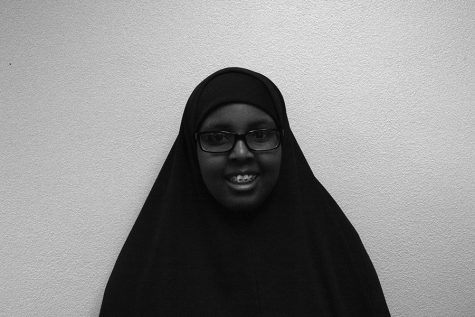
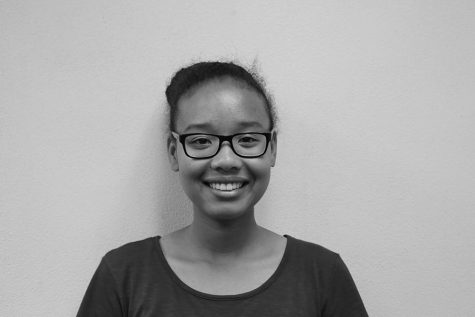
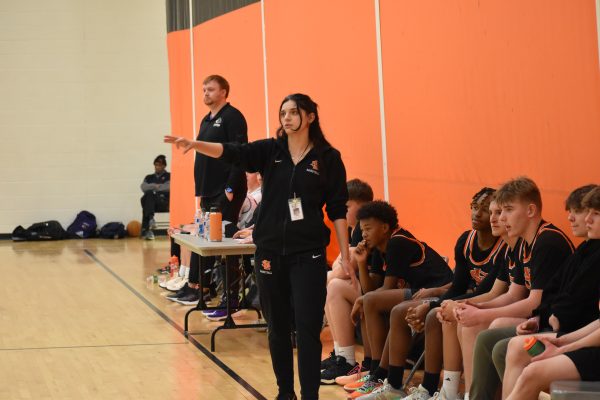
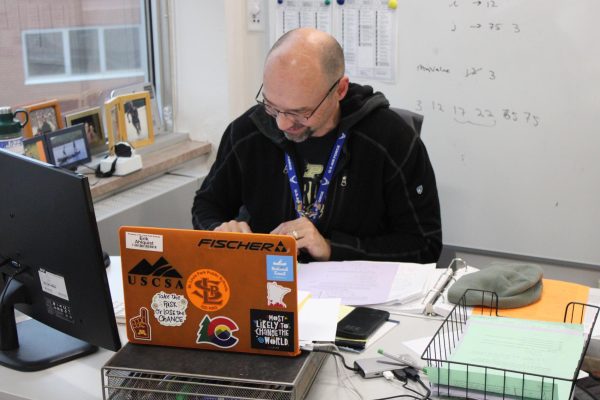
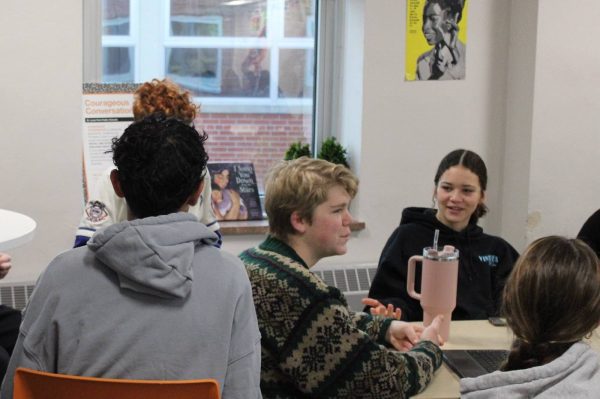
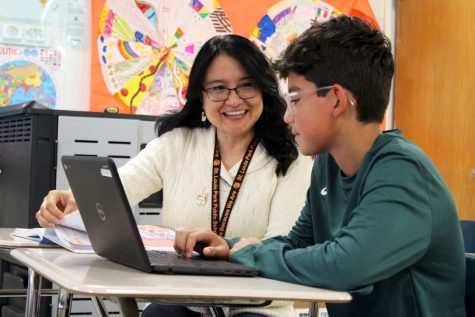
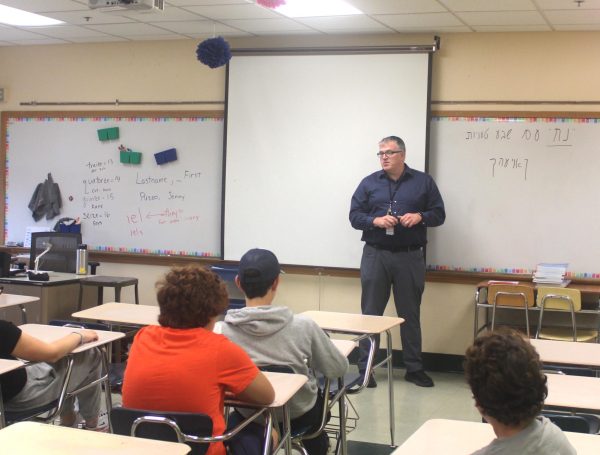
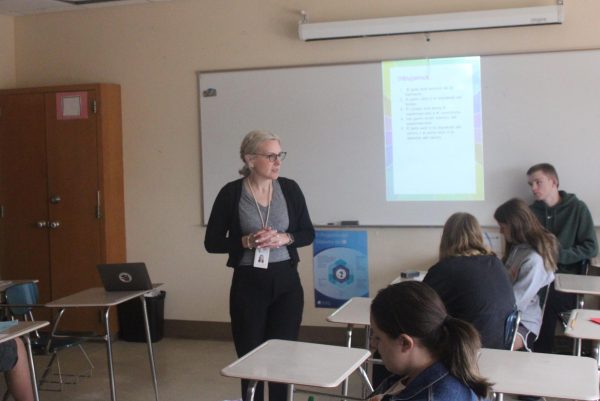
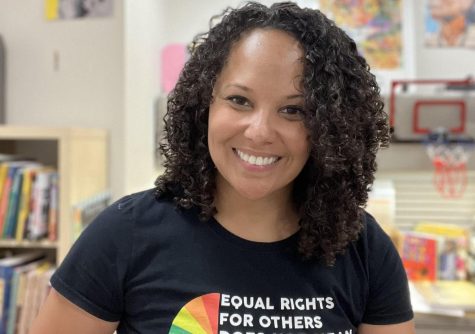
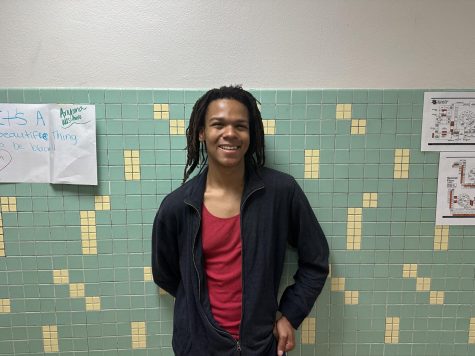
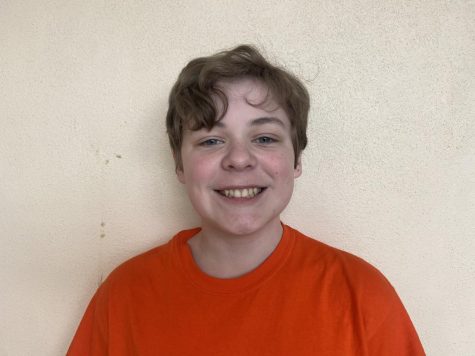
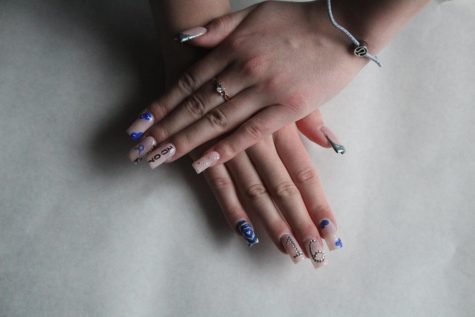
Denise (McClelland) Frau • May 2, 2017 at 12:32 pm
Just to say ‘hello’ to Mr. Redmond. I was a student of his in the early years in Colorado. YEAH to him, for still being so wonderful.
Denise Frau